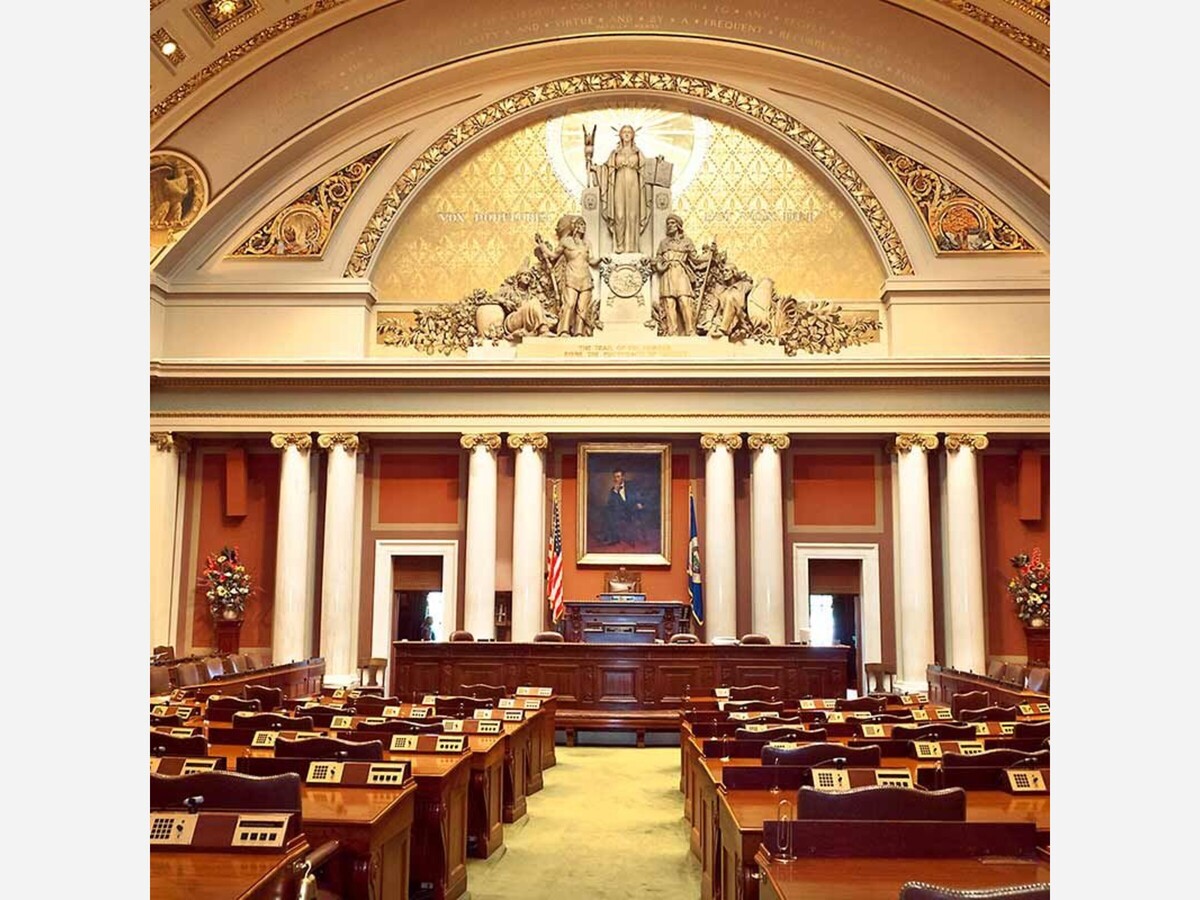Image


ST. PAUL, MN – June 10, 2025 – Senator Sandy Pappas (DFL-St. Paul), Chair of the Senate Capital Investment Committee, is celebrating the passage of the 2025 bonding bill, a crucial piece of legislation that will fund infrastructure projects across Minnesota. The bill, a compromise package valued at a net of approximately $700 million, received final legislative approval during a special session that concluded early on June 10, 2025.
The passage of this bonding bill marks a significant achievement for the Minnesota Legislature, particularly after lawmakers failed to agree on a capital investment package in 2024, leaving many communities and state agencies awaiting critical funding for infrastructure needs. Senator Pappas has been a persistent advocate for a robust bonding bill, emphasizing the urgent need to address the state's aging infrastructure.
The 2025 bonding package, which includes over $646 million in bond sales, $73 million from the transportation fund, and $6.5 million in cash, focuses heavily on water and transportation infrastructure. Key allocations within the bill include:
Several projects are also funded with direct cash appropriations, including $4 million to extend skate park grants for eight locations, $3.5 million for a wastewater facility in Litchfield, and $1 million for law enforcement school entry devices.
Senator Pappas, who sponsored the Senate version of the bonding bills (including SF 390, SF 2827, and SF 2802), had initially advanced a more ambitious $1.3 billion bonding bill earlier in the session, reflecting the DFL's target for infrastructure investment. While the final package is leaner than her initial proposal, she acknowledged its importance, stating at a Monday meeting of the Capital Investment Working Group, "It's never easy to get a bonding bill... Even though it looks like kind of a skinny bill compared to [2023], it's still really important to the state."
The bipartisan compromise on the bonding bill, alongside other budget agreements, was crucial in avoiding a government shutdown, which Governor Tim Walz had called a special session to address. The bill now heads to Governor Walz's desk, where he is expected to sign it into law. The passage of this bill is seen as a significant step in addressing Minnesota's critical infrastructure needs and a testament to the willingness of lawmakers to find common ground.